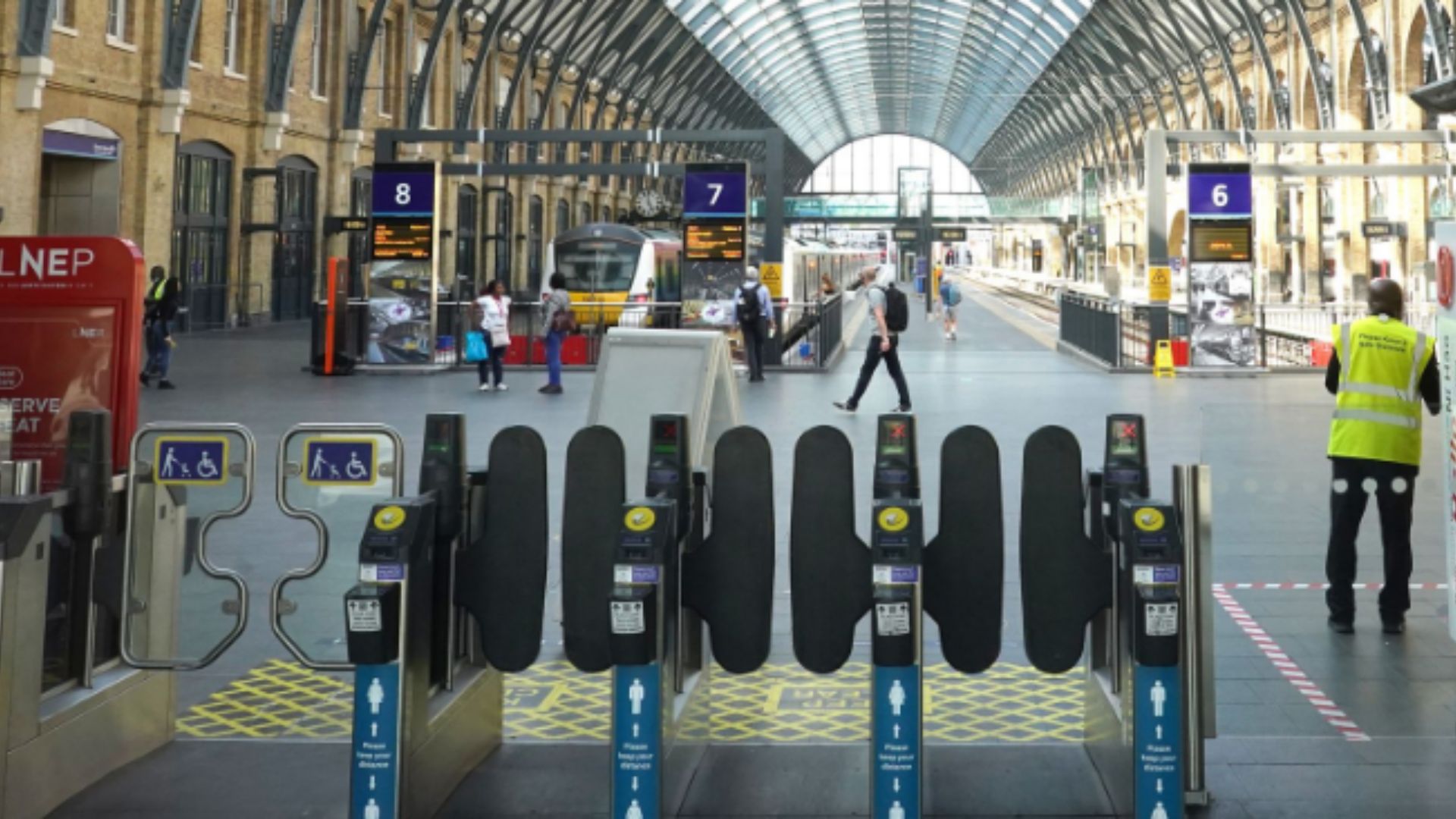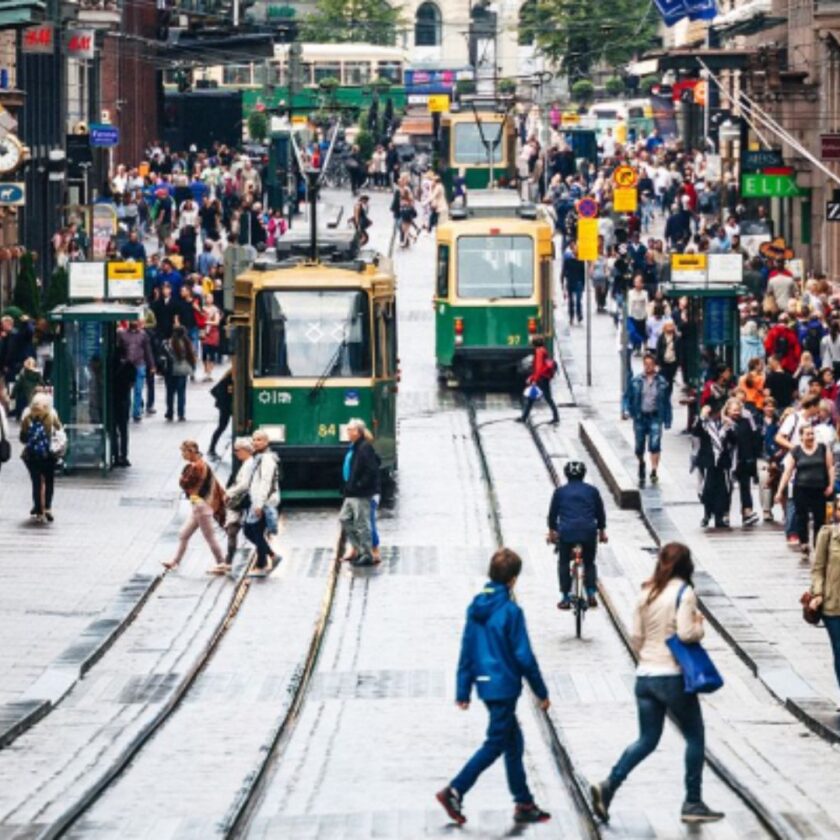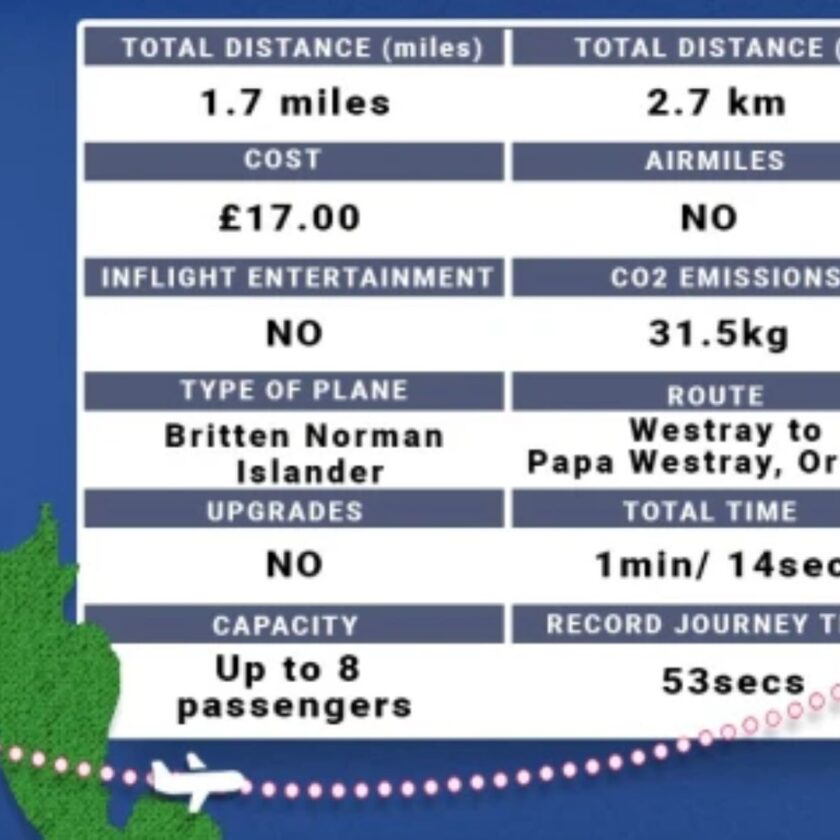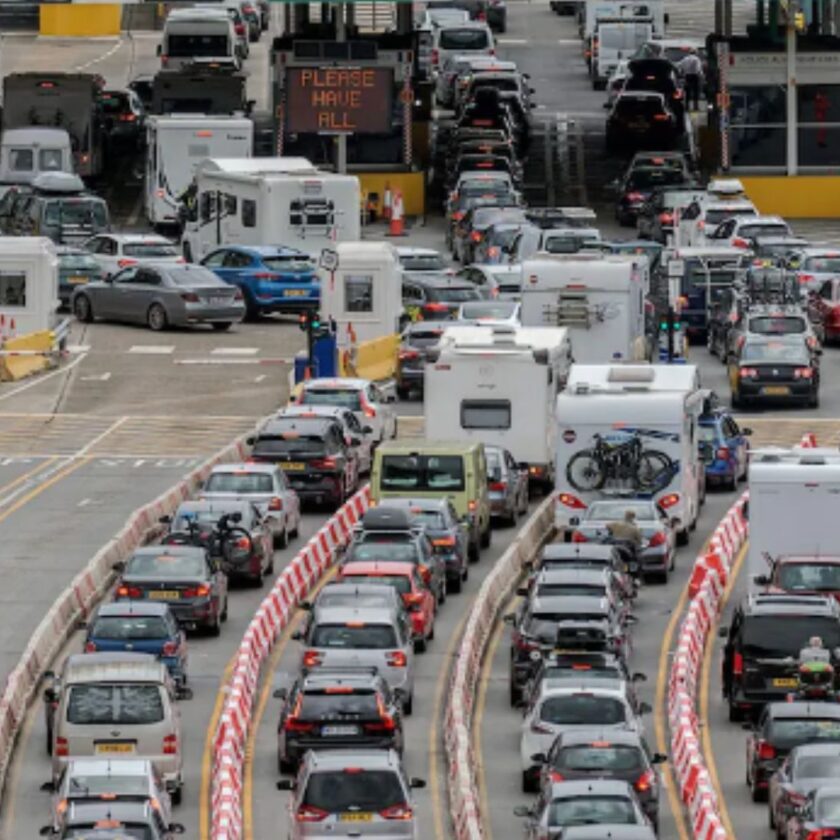Many individuals have been hit by extreme travel interruption on the primary day of the greatest rail strike of age – with travellers set to confront more undoings on Wednesday.
Albeit today isn’t formally a strike day, just 60% of trains are supposed to run – for the most part, in light of a postponement to the beginning of administrations, as signallers and control room staff are not doing expedite shifts.
Talks between the Rail, Maritime and Transport (RMT) association, Network Rail and train organizations will continue – however, strikes are likewise anticipated this Thursday and Saturday.
London Underground administrations were suspended on most lines because of a staff walkout.
Addressing Sky News, a Transport for London (TfL) representative said there would be more interruptions. Clients were prompted not to traverse the capital by Tube before 8 am on Wednesday except if their processes were significant. It hopes to have a typical help showing up early in the day.
On a public level on Tuesday, a fifth of trains ran, and a big part of lines was shut – around 40,000 individuals from the RMT at Network Rail and 13 administrators left straight over pay occupations and conditions.
It was Britain’s greatest rail strike for a long time, with RMT general secretary Mick Lynch hailing the “incredible” turnout at picket lines which “surpassed assumptions”.
Promising to “proceed with the mission”, he said RMT individuals were “driving the way for all labourers” left “wary of having their compensation and conditions sliced by a combination of enormous business benefits and government strategy”.
“Right now is an ideal chance to battle back for every railway labourer in this question that we will win,” he added.
The RMT is looking for a compensation ascent of no less than 7% for its individuals, while managers have offered a limit of 3%.
Strike raises a ruckus around town and past on the first day
Last trains were much sooner than ordinary, for example, London Euston to Glasgow at 1.30 pm and London King’s Cross to Edinburgh at 2 pm.
Britain had no traveller trains all day long, including the greater part of Scotland and Wales, the entire Cornwall and Dorset, and places like Chester, Hull, Lincoln, and Worcester.
When train administrations ran, many travellers’ processes required a few hours longer than ordinary. At the same time, the people who decided to go via vehicle were affected by a flood in rush hour gridlock.
Information from TomTom shows that the blockage level in London was 26 rate focuses higher than it was on past Tuesdays.
Blockage levels are the additional time drivers need to finish an excursion contrasted with an opportunity to venture to every aspect of a similar distance with uncongested streets.
Individuals going via vehicle or transport in the capital somewhere in the range of 6 am and 10 am required a normal of 72% additional time, contrasted with the 45% additional time required on normal during the beyond three Tuesdays.
Travel time nearly multiplied in London somewhere between 8 am, and 9 am.
City Centre footfall drops to lockdown levels.
Normally bustling train stations, for example, London Euston and Birmingham New Street, were almost abandoned except for association picket lines.
Many individuals telecommuted instead of making a trip to the workplace.
‘I didn’t rest quite well.’
In London, Rene Mance said the movement confusion had upset her excursion to Glastonbury Festival, where she was beginning a new position.
“I can’t imagine it hasn’t been distressing. It has. I didn’t rest very well since I was stressed over it,” the 47-year-old said, adding she had shown up two hours before her train was expected to leave in apprehension about unanticipated difficulties.
Because of going with weighty baggage, Ms Mance said she felt getting the transport would bring on some issues and had to pay nearly £40 for a taxi to the station.
At Leyton Sixth Form, in east London, two understudies, Emmanuella Ameyaw and Harriet Owusu-Afriyie went through over an hour heading out to make it in time for their Religious Studies A-level test.
The two live locally and regularly travel by transport; however, Harriet said she needed to get a taxi from midway because the traffic was so terrible.
The government says changes are frantically expected to modernize the railway
The RMT has been asked by Network Rail to go to formal counsel talks one month from now on, presenting “current working practices”.
Network Rail official Tim Shoveller said the progressions imply “unloading obsolete working practices and presenting innovation”.
He added: “We expect this will diminish jobs by around 1,800, by far most of which will be lost through intentional severance and regular wastage.”
TfL head working official Andy Lord told Sky News: “I might want to apologize to every one of our clients and partners who’ve been seriously troubled by the present disturbance. Our ridership was down around 4% of our ordinary levels.”
A Department for Transport representative said: “These are frantically required changes that modernize the railway and put it on a practical balance for travellers and citizens.
“Associations have closed down huge pieces of the rail organization, hitting nearby organizations and unreasonably removing individuals from emergency clinics, schools and work.
“Notwithstanding, early information shows that dissimilar to in the many past individuals currently have the chance to telecommute, so we haven’t so much as a race to the streets, as traffic has rather gone on the web, and that implies the associations don’t have the general effect they could have trusted.”




